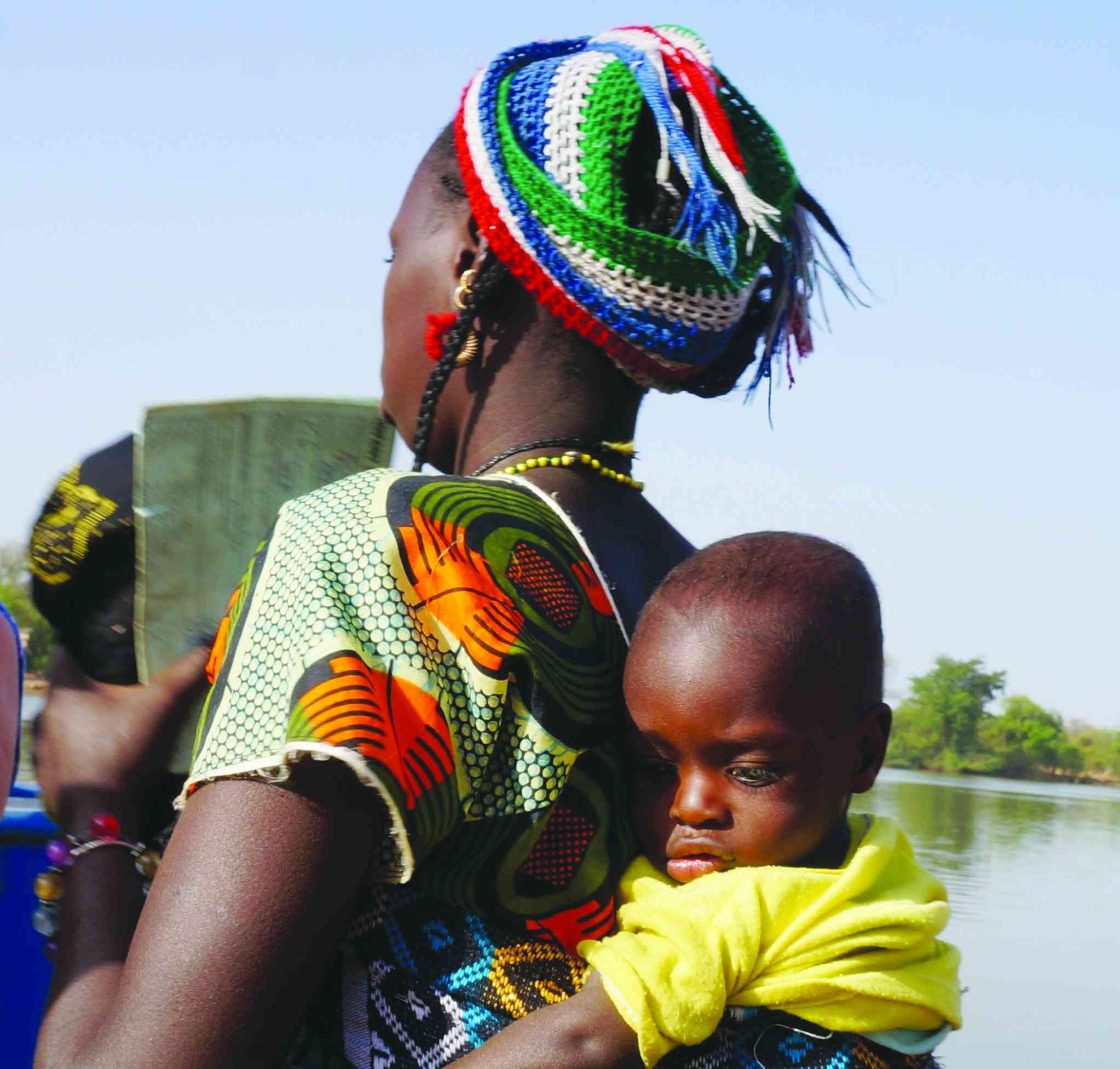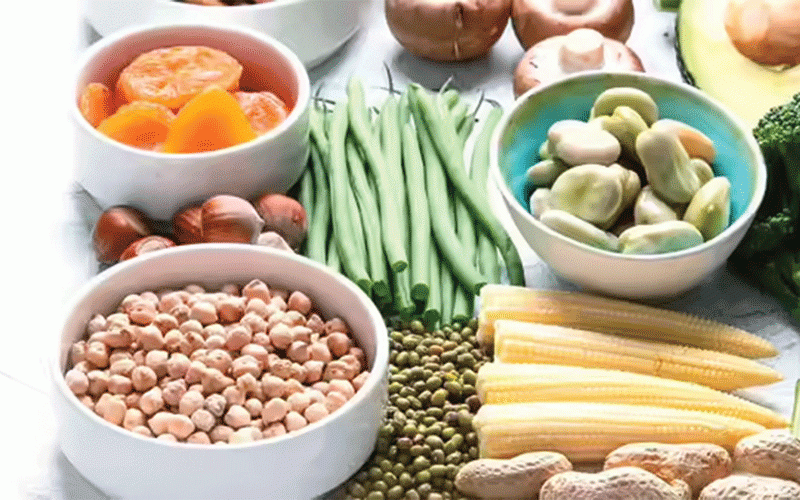
MOTHER’S ’s Day is often painted in broad strokes of joy and celebration, filled with flowers, heartfelt cards, gifts, and family gatherings — now even extending to mother-daughter group trips to exotic destinations.
However, for many women, this day can also bring waves of sadness, loss, or loneliness.
These are the forgotten mothers, whose stories do not align with the general narrative celebrated on Mother’s Day. Hence, we must pause, reflect, and acknowledge these experiences so that we embrace all facets of motherhood.
For many women, Mother’s Day is a bittersweet occasion, marked by heartbreaking realities — especially for those who have endured profound loss or face challenges on their journey to motherhood. Childbearing and birthing are often seen as inevitable rites of passage expected of every woman.
So much so that painful circumstances are frequently disregarded, dismissed as non-events, yet the trauma and pain they inflict are devastating.
While some women have lost children through miscarriage, stillbirth, or illness, others grapple with infertility, feeling excluded from the joys of motherhood.
These women often feel invisible and forgotten; for them, Mother’s Day serves as a painful reminder of what they have endured — or what they long for.
The struggles of women facing infertility or childlessness are frequently overlooked and stigmatised.
The exclusion and discrimination they encounter at social events — gender reveal parties, baby showers, and welcome gatherings — can be daunting, making it difficult for them to connect with others or build supportive relationships.
Derogatory labels, such as ngomwa (barren woman), whether spoken openly or in whispers, inflict deep emotional distress and shame.
While traditional narratives often equate motherhood with biology, the reality is that motherhood manifests in many meaningful ways.
The essence of being a mother transcends genetic ties; it can include the roles of aunts, sisters, mentors, and close friends.
These women embody the spirit of motherhood through their unwavering support, love, guidance, and companionship.
Enduring the brutal experience of infertility and childlessness is a soul-crushing journey that ravages emotional, physical, and mental well-being. It is a relentless cycle of hope and despair, where each failed attempt to conceive shatters dreams and erodes self-worth.
The barrage of invasive medical procedures, crippling uncertainty, and societal pressure to conform to traditional family norms can leave individuals feeling isolated, ashamed, and broken.
The weight of infertility strains relationships, tests marriages, and disrupts careers, leaving emotional scars that may take years to heal. Yet, despite the overwhelming pain, many women facing infertility and childlessness strive to persevere, advocating for themselves and others while fighting for a future where they can thrive.
Often, aunts and sisters step into maternal roles, offering love and support just as profound as any mother’s. They may not have given birth, but their contributions are equally vital.
A special aunt can be a confidante, role model, or second mother, enriching the lives of nieces and nephews with wisdom, joy, and reassurance.
Similarly, sisters — jokingly called deputy parents — often share unique bonds, providing emotional support in times of both happiness and sorrow. Celebrating these relationships reminds us that love, not biology, defines motherhood.
A sister (mainini) who raises her sibling’s children or an aunt (tete) who plays a pivotal role in her brother’s children’s lives is just as integral to the fabric of motherhood. Their impact leaves lasting impressions, shaping memories and personalities.
It is high time we break the silence by raising awareness and supporting advocacy efforts that sensitise communities, dismantle stigma around infertility and childlessness, and create inclusive spaces where every woman feels valued, regardless of her reproductive status.
Support structures — spouses, partners, family, and friends — must acknowledge and honour their pain.
Simple acts of kindness — a message of understanding, a listening ear, or a moment of remembrance — can make a profound difference. By validating their struggles, we help them feel less alone, creating a space where they are seen and heard. Recognising their sorrow on Mother’s Day fosters acceptance, love, and appreciation.
This Mother’s Day, let us remember the forgotten mothers — those whose love is deep yet often unseen. By broadening our understanding of motherhood, we can create inclusive celebrations that honour all experiences, joyful and painful alike.
As we mark this day, let us extend compassion beyond traditional narratives, reminding every mother — regardless of circumstance — that she is valued, remembered, and loved.
Acknowledging the complexities of Mother’s Day ensures no one feels alone in grief or struggle. In doing so, we uplift those often overlooked and deepen our appreciation of motherhood in all its forms, weaving a tapestry of support, empathy, and resilience.
Together, we can foster healing and understanding in a world that sometimes overlooks the diverse realities of motherhood.
- Madziwa and Tshuma are Master’s of Counselling Psychology students at Great Zimbabwe University. Writing in their personal capacity, they explore topics related to mental wellness, fertility issues, and more, sharing their insights and perspectives.











